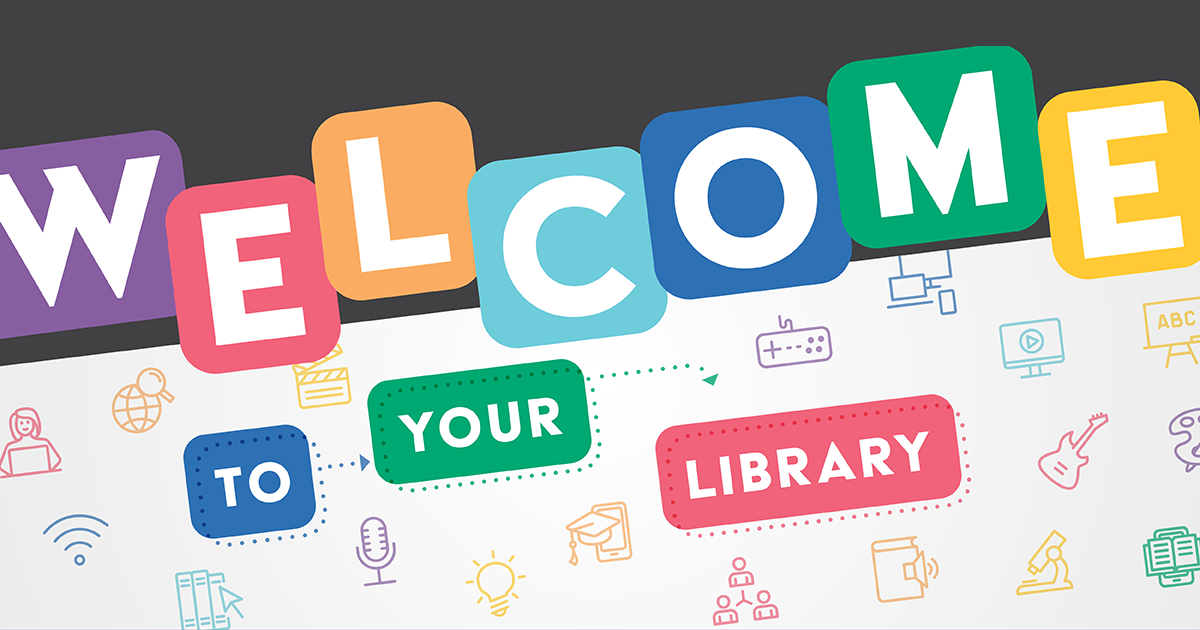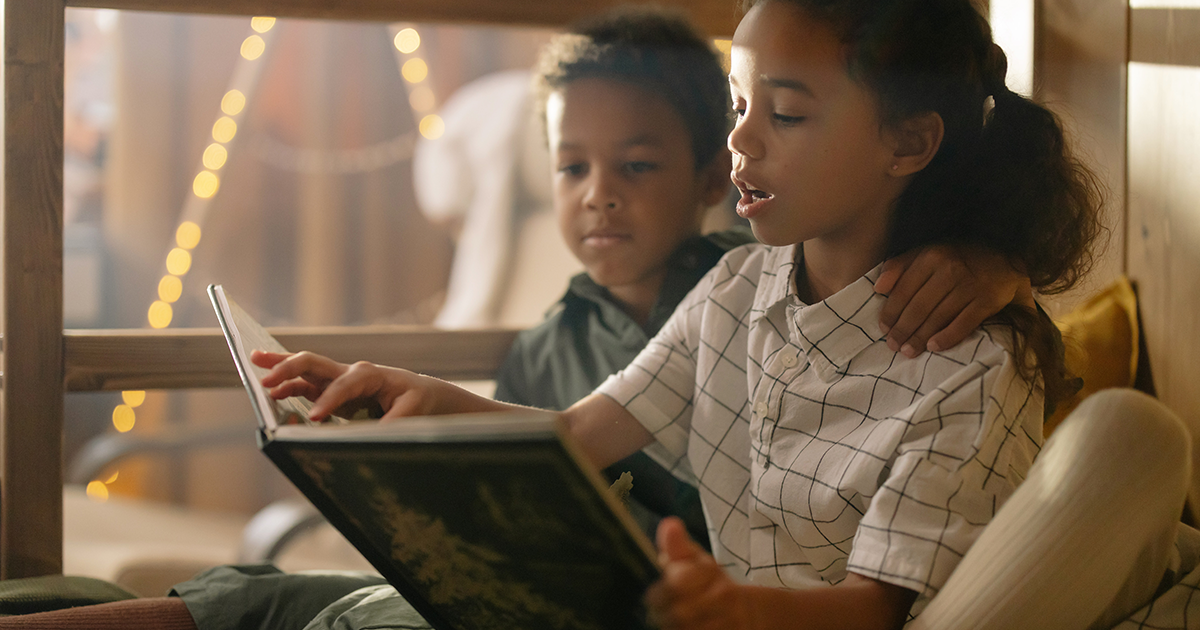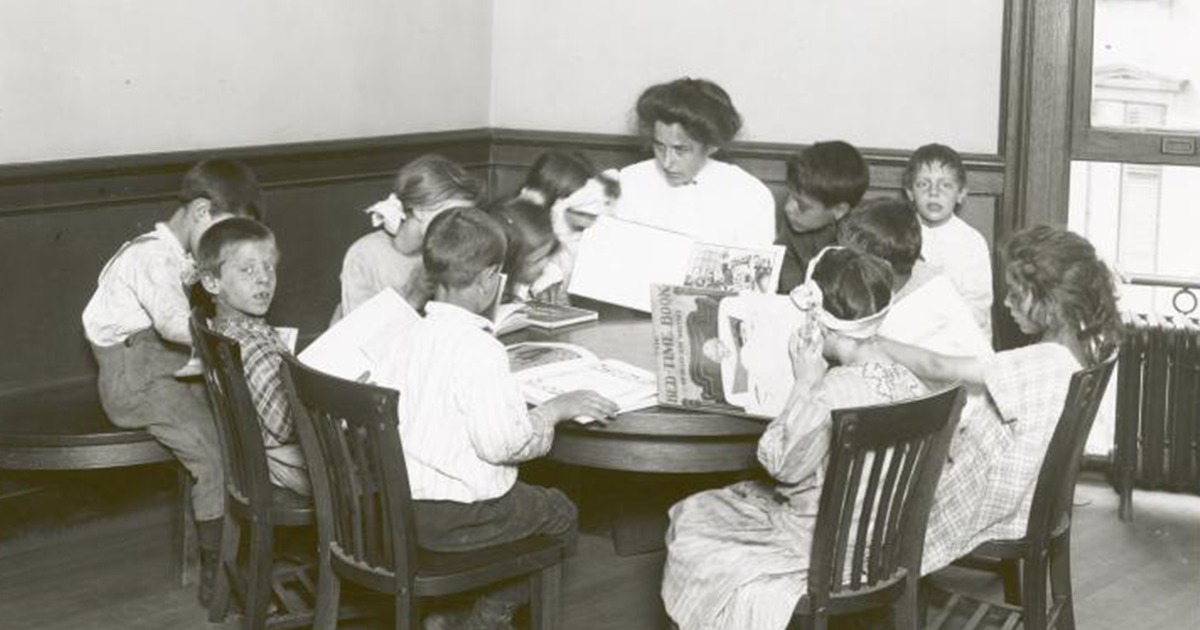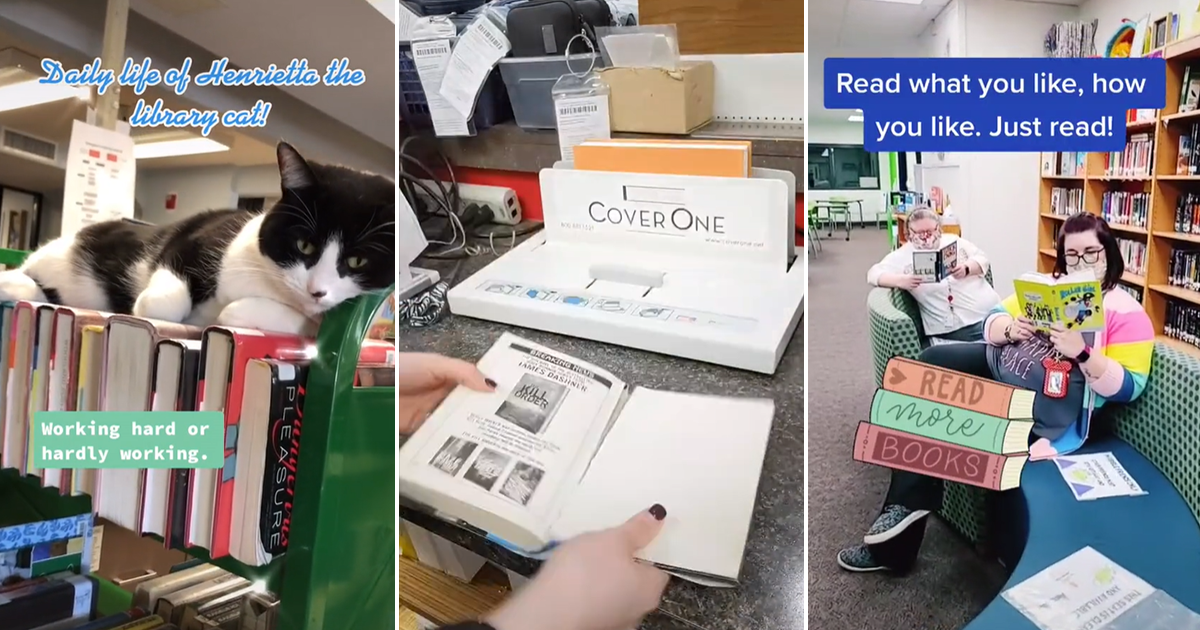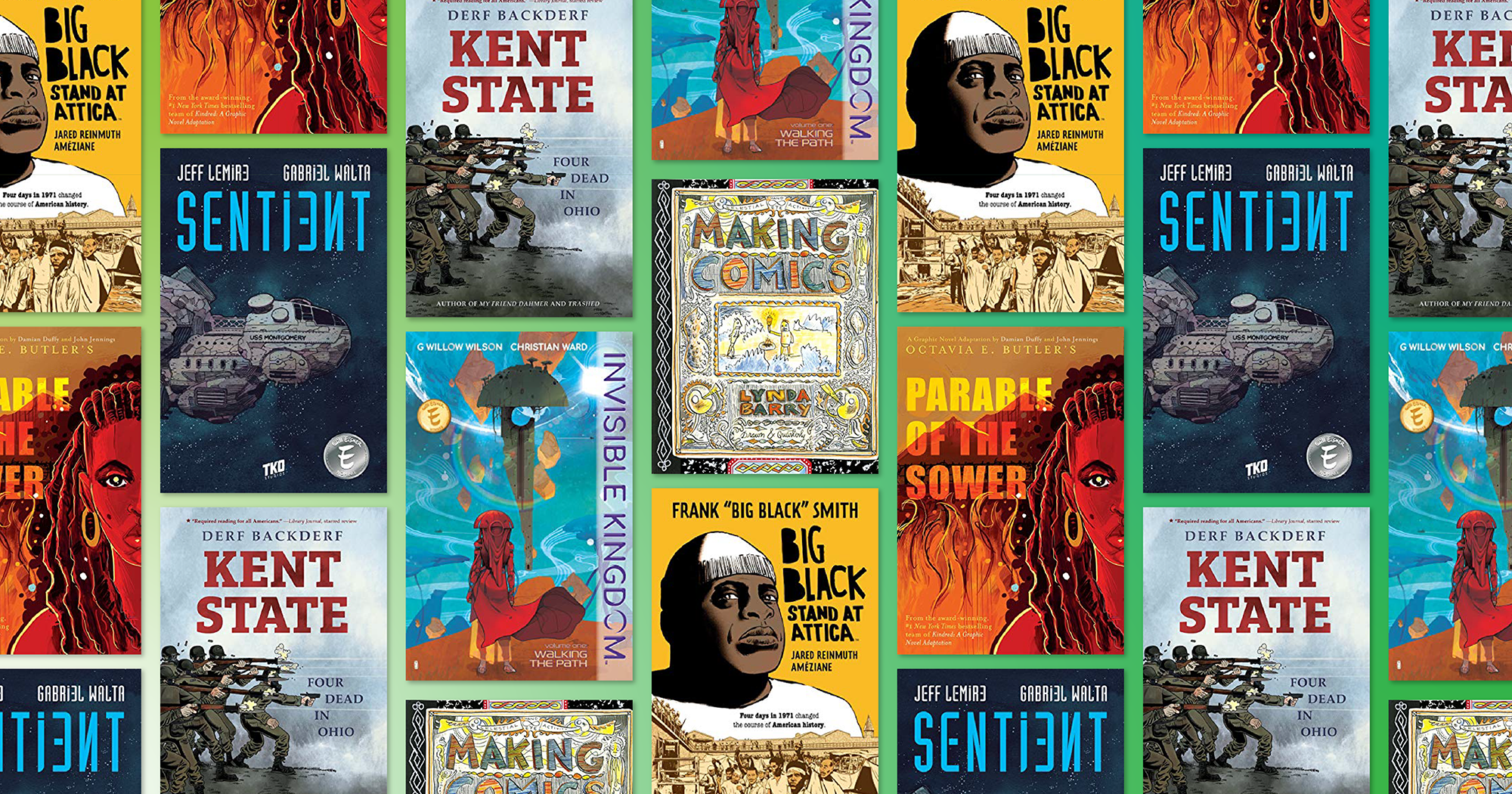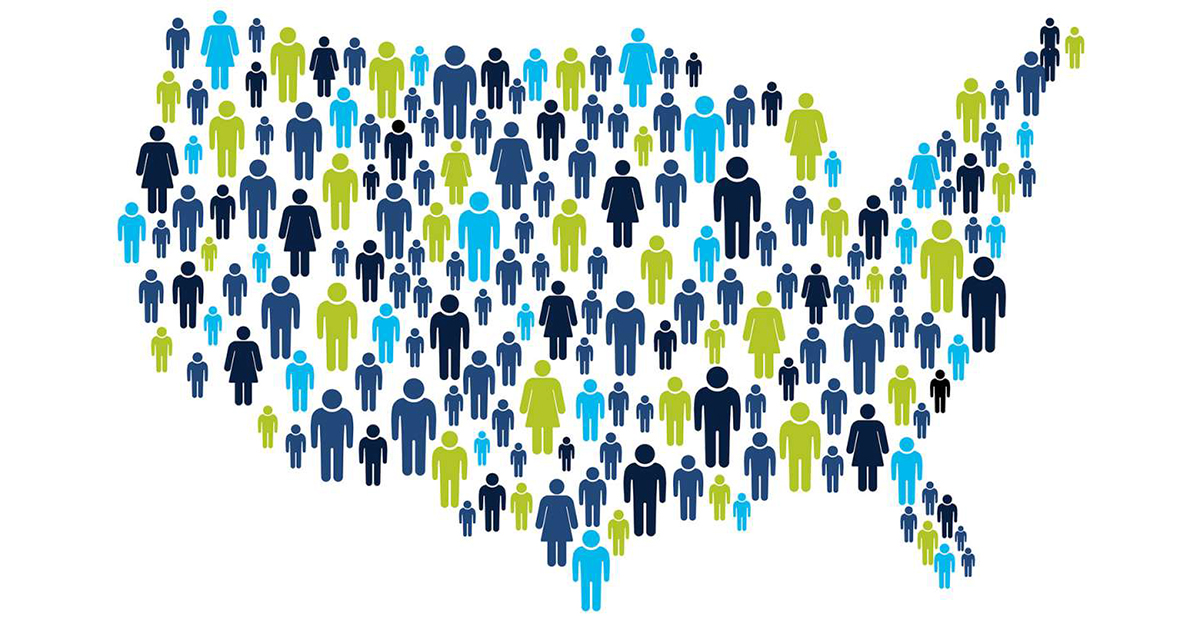From Bookmobiles to Outdoor Pop-Ups, Libraries Keep Their Communities Connected
Today is National Library Outreach Day, a celebration of the amazing work libraries do to connect everyone in their communities with resources and information. With physical library buildings closing to prevent the spread of COVID-19, staff have gone above and beyond to distribute books, provide internet access, and more.
“From virtual storytimes for children to online programming for seniors to STEAM take-home activity kits, pop-up libraries, and outreach vans bringing Wi-Fi to underserved areas, outreach has been essential in connecting libraries to their communities across the United States,” David Kelsey, president of the Association of Bookmobile and Outreach Services, told I Love Libraries. “Outreach helps meet patrons at their point of need while libraries have been closed during COVID-19.”
With community needs rapidly changing during the pandemic, libraries have adapted and expanded their outreach services. Last summer, New Hampshire’s Manchester Public Library used their bookmobile to do far more than just hand out reading material: staff made weekly visits to areas around the city, including major public housing sites, and hosted storytimes and crafting lessons as well as distributing free lunches. Meanwhile, the Southern Oklahoma Library System has taken on the digital divide by converting a library van into a mobile Wi-Fi hotspot, providing much-needed internet access to the many residents who don’t have broadband at home.
Outreach services like these can have a major impact for people who might not typically have access to library services. “What I love most about working in outreach is the meaningful difference and positive impact that I get to make in the lives of underserved patrons and communities,” Kelsey shares. “From visiting seniors residing in facilities, to bringing books to food pantries and storytimes to homeless shelters, outreach has the power to change people’s lives.”
You can join the National Library Outreach Day festivities by following the Association of Bookmobile and Outreach Services on Facebook, Twitter, and Instagram, as well as the celebration’s official Facebook page. They’ll be sharing inspiring photos and stories all day and throughout the year.
Lead photo courtesy of Wailuku Public Library.


